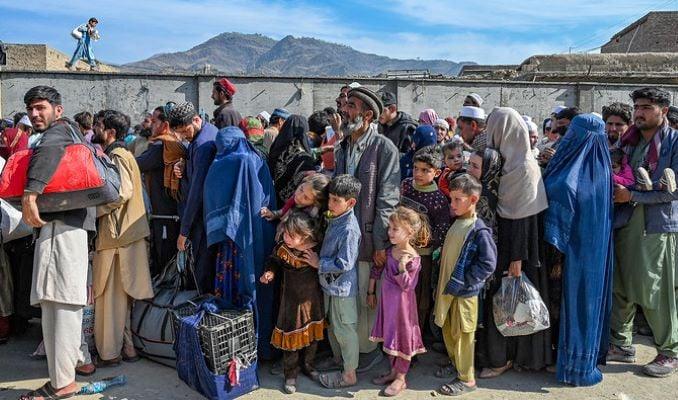The government reaffirmed on April 30 as the final deadline for all foreign nationals residing in the country without valid visas to leave, the Ministry of the Interior intensifying its repression within the framework of the repatriation plan of illegal foreigners.
This decision, in particular, targets the undocumented Afghan nationals, the Minister of State in the Interior Talal Chaudhry announcing the renewed push on Friday at a press conference in Islamabad.
“Pakistan has shown unequaled hospitality for decades, but the time has come to strictly respect our immigration laws,” said Chaudhry.
His statement was due before the Deputy Prime Minister and the visit of the Minister of Foreign Affairs Ishaq Dar to Kabul, where a high-level Pakistani delegation should speak with the Afghan government.
The government had initially set a deadline of March 31 for Afghan citizens without legal documents or hold of Afghan citizen cards to return voluntarily. This deadline was then extended until April 30.
Since the beginning of April, more than 84,800 Afghan nationals have been repatriated, according to Chaudhry. He said that the process was managed in a “legal, organized and human” manner, with the coordination of the Afghan authorities to ensure a smooth transition.
Pakistan has hosted millions of Afghan refugees over the past 40 years, but currently more than 2.1 million, mainly in Khyber-Pakhtunkhwa and other provinces.
Officials cite an increase in national security threats in the reason for repression. More than 1,600 people were killed in attacks last year, almost half of them of the security personnel.
Chaudhry also warned of strict action against Pakistani providing accommodation, jobs or other services to undocumented foreigners. “If someone gives a store, a house or any type of space to an illegal foreigner, he will be held responsible under the law,” he said.
He also revealed information suggesting that certain weapons left by American forces in Afghanistan have been in the hands of terrorists, representing a serious regional threat. “Our policy is not motivated by hostility but by the need to respect the law, to ensure public security and to protect national interests,” he said.




